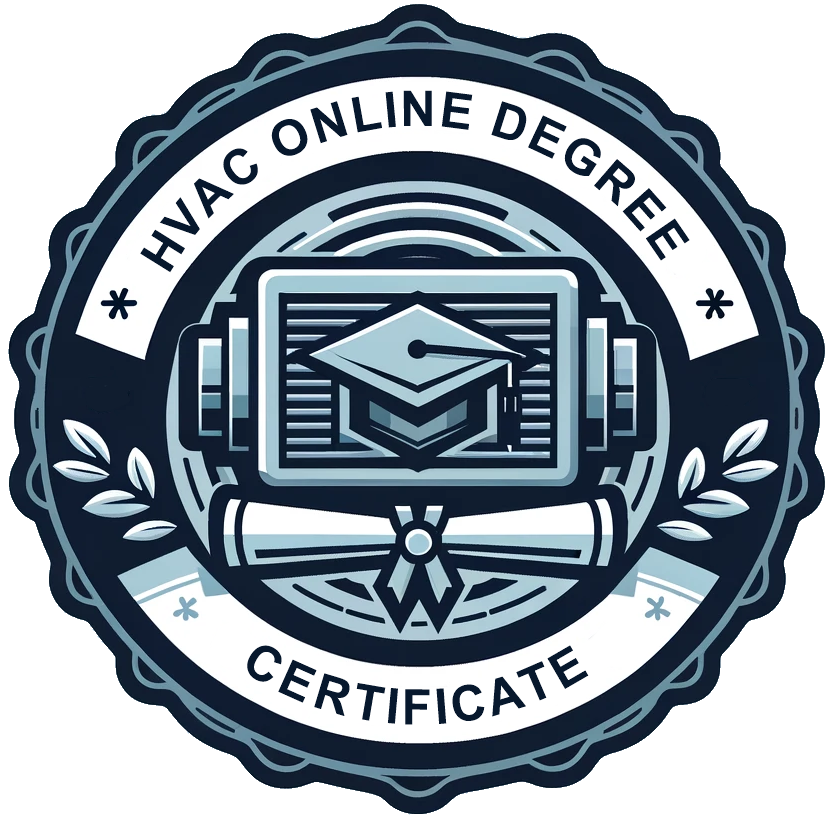Introduction
Alaska's severe climate, characterized by long, dark winters and mild, humid summers, necessitates dependable climate control systems. This creates an excellent opportunity for those pursuing a career in HVAC (heating, ventilation, and air conditioning). Most Alaskans rely heavily on heating systems during the harsh winter months, driving a significant demand for HVAC professionals.
HVAC technicians in Alaska benefit from strong support networks, including several unions and professional organizations. The United Association Plumbers and Steamfitters Union Local 367, based in Anchorage, supports plumbers, steamfitters, and HVAC workers by offering pension plans, ongoing education, training programs, and other benefits. Additionally, UA Local 367 provides an apprenticeship program for individuals interested in HVAC careers.
Another key organization for HVAC professionals in Alaska is the Laborers International Union of North America Local 341, which has multiple locations throughout the state. Members of this union enjoy benefits such as wellness programs, legal services, pension plans, and educational scholarships.
Demand for HVAC Technicians in Alaska
The demand for HVAC technicians in Alaska is projected to grow significantly. According to Projections Central, HVAC job openings in Alaska are expected to increase by 8.8 percent from 2018 to 2028.
Several factors contribute to this growth in Alaska and beyond:
- New Building Constructions: Nearly all new buildings in Alaska require climate control systems, necessitating the expertise of trained HVAC professionals for installation.
- Maintenance and Replacement: HVAC systems require regular maintenance and typically need to be replaced every 10 to 15 years, ensuring a steady demand for skilled technicians.
- Legislation and Upgrades: Ongoing changes in energy-saving initiatives and regulations mean that HVAC systems must be updated to comply with new standards, keeping HVAC technicians in continuous demand.
These factors highlight the promising career prospects for HVAC professionals in Alaska, driven by the state's unique climate needs and regulatory environment.
Schools in Alaska
Alaska Vocational Technical Center
PO Box 889
Seward, Alaska 99664-0889
Phone: (907) 224-3322
URL: www.avtec.edu/
This school is a < 2 year Public college that offers Less than one year certificate, One but less than two years certificate. The campus is located in a remote rural area with campus housing not offered.
- Total Student Population: 202
HVAC Worker Salaries in Alaska
HVAC technicians in Alaska earn significantly higher salaries compared to the national average. According to recent data, the average annual salary for HVAC technicians in Alaska is approximately $69,522, with a typical range between $61,902 and $78,220 [source]. This is considerably higher than the national average of $57,460 per year reported by the Bureau of Labor Statistics (BLS).
Here is a detailed breakdown of HVAC salaries in Alaska compared to national averages (BLS May 2022):
| Percentile | United States | Alaska |
|---|---|---|
| 10th | $36,170 | $37,280 |
| 25th | $44,100 | $47,480 |
| 50th (Median) | $51,390 | $61,400 |
| 75th | $65,630 | $96,510 |
| 90th | $82,630 | $100,280 |
HVAC Certification and Licensing in Alaska
In Alaska, HVAC technicians who handle refrigerants are required to maintain an active EPA Section 608 Certification. This certification is available in four subcategories, based on the type of equipment serviced:
- Type I: Small appliances
- Type II: High-pressure appliances
- Type III: Low-pressure appliances
- Universal: Covers all types
Additionally, various skill-specific certifications are available for HVAC technicians through organizations such as:
- Refrigerating Engineers and Technicians Association: Offers entry-level Certified Assistant Refrigeration Operator certifications.
- North American Technician Excellence (NATE): Provides certifications like Industry Competency Exams (ICE).
- HVAC Excellence: Offers certifications in Heating, Electrical, and Air Conditioning Technology Plus.
HVAC professionals in Alaska must also comply with regulations set by the Alaska Division of Corporations, Business, and Professional Licensing. Before performing any HVAC work, technicians must obtain the necessary licensure. The process involves submitting a notarized application along with the following:
- Nonrefundable application fee
- $250 license fee
- Resume detailing education and experience in the HVAC industry
- Three “Certificates in Support of Applicant’s Experience and Qualifications” from qualified individuals in the HVAC field
- Official transcripts from a completed HVAC program
After the application is approved, applicants must schedule and pass an examination through PSI Exams to test their HVAC knowledge. Upon passing the exam, scores must be submitted to the division to receive a license.
